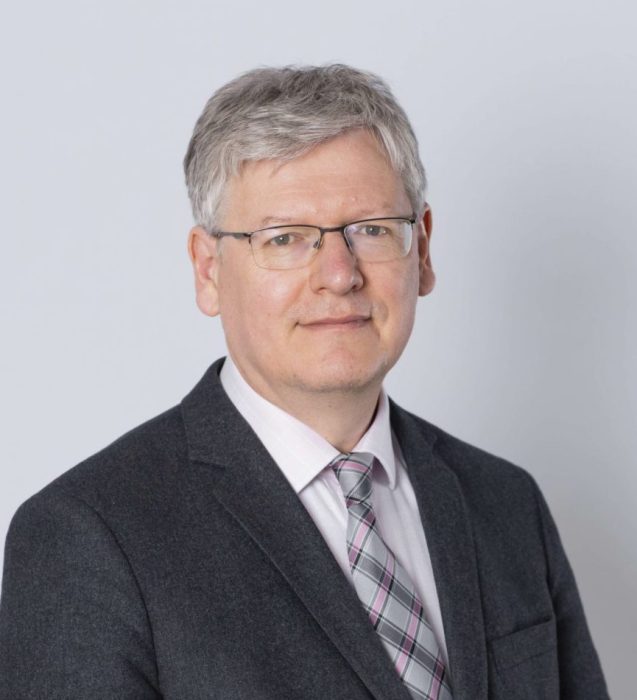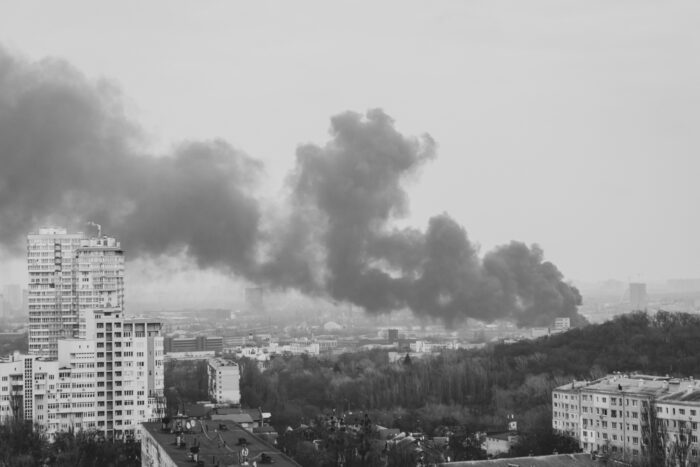The Progressive Post
Europe’s revamping is underway

After two years of war in Ukraine, several geopolitical consequences of Vladimir Putin’s fatal decision to commit aggression against a neighbouring country are becoming clear. The expansion of NATO in the Baltic region and the enlargement of the BRICS group are certainly among the most important ones which will remain with us. Among the less significant consequences, one can list the split within the Visegrád group, or Italy’s departure from China’s Belt and Road Initiative. On the ongoing list of important consequences, a rather silent but definitely creative, and perhaps even more significant fallout in the long run, has been the creation of the European Political Community (EPC).
Before it could have been decided whether it was a bird or a plane, the EPC organised three summits in 2022 and 2023 (in Prague, Chișinău and Granada). In itself, this is a sign of viability, and, in all likelihood, this format will continue. The EPC is not a community of the same values – it actually allows leaders within the same geography to discuss important issues despite entertaining different values and ideas. It is a loose format based on the lowest common denominator that allows leaders of European countries to discuss issues of common interest with a biannual regularity. Informality is key, and according to the first few gatherings, avoiding defining deliverables ex-ante seems like the right approach. Even without concrete mandates, the EPC can potentially address issues where the EU is not active or not effective, for example criminality related to migration.
At the same time, it remains true that the relationship between the EPC and enlargement is somewhat ambiguous. Is the EPC an enabler or a substitute for the enlargement of the EU as such? Those who believe that EU enlargement can be (and will be) fast, do not expect much from the EPC, and those who are sceptical about fast enlargement attribute a greater potential to the EPC.
In June 2022, the same European Council agreed to launch the EPC and turned Ukraine and Moldova into candidates for EU membership. Since then, EU Commission President Ursula von der Leyen has become a champion of fast-track EU enlargement to the East, perhaps another ‘big bang’. For many, however, and even among the supporters of such an enlargement, it is obvious that it could only happen after a reform of the EU itself, most likely one that would necessitate a change of the EU Treaty. The bigger the bang, the more necessary Treaty change becomes.
To solve the related dilemmas and chart a way forward, an expert group was established a year ago at the request of the European affais ministers of France and Germany. The ‘intelligent dozen’ delivered their report Sailing on High Seas: Reforming and Enlarging the EU for the 21st Century in September 2023. The Franco-German Report (or FGR) presented a Europe of concentric circles, effectively suggesting that not all European countries can or should be integrated into the same EU in the same way. And movement should not only be possible from the periphery towards the most tightly integrated core, but from the centre to the periphery as well.
The FGR would allow a deeper integration of the euro area, and it defines the possible relationship between the EU and a ring of associated members, while the EPC would represent the widest ring, though without any form of institutionalisation. By declaring the euro area as a separate level of integration, the FGR authors propose to normalise what has so far been an anomaly: the non-accession to the euro area of countries that had committed to the introduction of the single currency when they joined the EU, a group currently including Sweden, Poland, Chechia, Hungary, Romania and Bulgaria.
The FGR authors do not assume tabula rasa and do not want to invent things that would be totally disconnected from the current status quo. The EPC already exists, and so does the euro area with some specialities in which the remaining EU members do not participate (see Eurogroup). The EU also has association agreements, but associated membership does not yet exist. Therefore, associated membership is the most important new proposal in the FGR, with a not-so-hidden purpose to offer a status that could fit countries as diverse as the UK, Ukraine and Iceland if they wish.
The introduction of the concept of associated membership is a sign of the understanding that fresh thinking is needed about the ‘grey zones’ located between the current EU and its strategic rivals in the wake of the Russian aggression, and that EU enlargement as such cannot solve all the related problems, certainly in the short run. According to the FGR authors, associated membership would mean participation in the internal market and requires the rule of law, but without full engagement in all EU policies and structures. Associated members would still remain rule-takers instead of becoming rule-makers.
However, even if association as a concept gains traction in the coming years, defining what guides EU enlargement in the future is not a task for the distant future, but for right now, perhaps for the upcoming European Parliament election debates. For the authors of the FGR, Copenhagen Criteria, defining whether a country is eligible to join the EU, are alive and well, and they have to be applied rigorously. However, in June 2022, when EU candidate status was awarded to Ukraine and Moldova, the pendulum swung towards geopolitical considerations. The recent enlargement report of the Commission was called ‘schizophrenic’ by some experts exactly because of the ambivalence the decision has created.
The EU may decide to replace the Copenhagen criteria with something else. However, the approach that EU enlargement can be the unique policy to solve all the problems of the EU’s neighbourhood will most likely prove unsustainable in the coming years. Enlargement decisions always combine a merit-based approach with geopolitics, but it needs to be avoided that one approach is applied to one region and another approach to another region. And it is even more important that leaders avoid creating false hopes which can only sow the seeds of future controversies and undermine the credibility of the EU as a result.
This article is based on a longer contribution by László Andor to the FEPS Progressive Yearbook 2024, which will be published on January 24 on this link.
Photo credits: European Union




